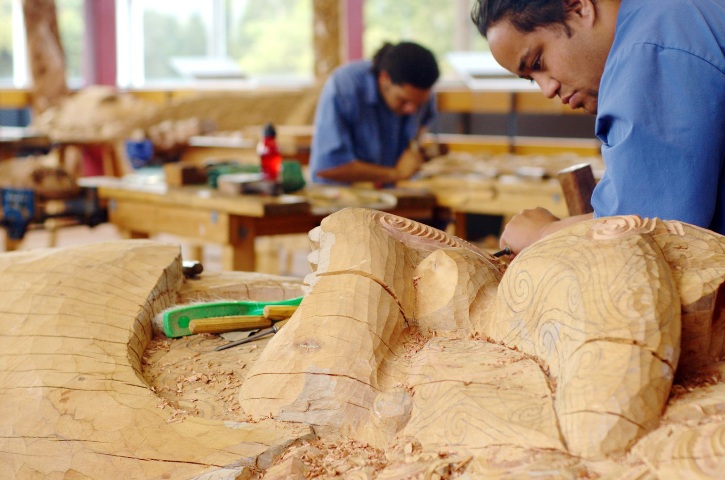Education Minister Erica Stanford has announced the creation of a Māori Education Ministerial Advisory Group (MAG), composed of experienced practitioners, to address persistent inequities in the education system and improve outcomes for Māori learners.
The advisory group will offer independent guidance on all matters related to Māori education in both English and Māori medium settings. “The focus will be on the most impactful ways to lift achievement for Māori learners and close the equity gap that has existed for too long,” said Minister Stanford.
Chaired by Dr. Wayne Ngata MNZM, the MAG will report directly to the Minister over a two-year term, beginning in September 2024. Its members include respected leaders and innovators in Māori education, bringing valuable skills and expertise to the sector.
Stanford emphasized the urgency of addressing the disparities in educational outcomes for Māori students, stating, “While some Māori students achieve excellent results, on average, Māori experience worse outcomes than other learners on every major metric. This needs to change.”
The group will collaborate on developing a Māori Education Action Plan, informed by Stanford’s six education priorities and building on existing strategies, including Ka Hikitia - Ka Hāpaitia and Tau Mai Te Reo. The minister also highlighted her commitment to working with Te Matakahuki, the leaders and representative groups of Kaupapa Māori education, to identify shared priorities.
Stanford expressed her high aspirations for Māori learners and emphasized the importance of whānau involvement in their tamariki’s education. "This is another step toward delivering a world-class education system where every child can reach their full potential," she said.











